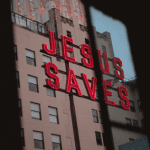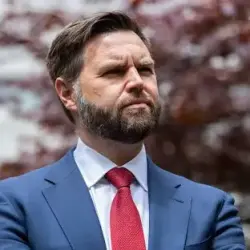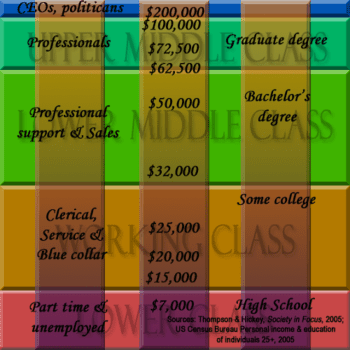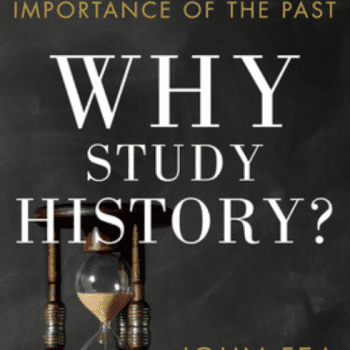I spent the weekend in the beautiful beach town of Ocean City, NJ where I was the guest of St. Peter’s United Methodist Church. I spoke in all three Sunday morning services (including an 8am communion service on the boardwalk!) and gave a public lecture on how liberal arts education, especially the study of history, contributes to a more democratic and civil society.
I have been doing a lot of this kind of thing lately. In the course of my visits to churches like St. Peter’s I have learned that there are a lot of congregations whose members are hungry for intellectual resources to help them think deeply about how to engage the world. While the purpose of the church, of course, is to bring people into a closer relationship with God and others, it is also important that Christians understand the culture in which they hope to live out their faith.
What might it take to strengthen the Christian mind? Seventeen years ago historian Mark Noll diagnosed “The Scandal of the Evangelical Mind.” Since the appearance of his book, an increasing number of Christian intellectuals have entered graduate schools, created venues, publications, and websites for the exchange of ideas, and pursued careers in the public sphere informed by thoughtful Christian engagement.
But little has been done to reach local congregations. I would imagine that most individuals attending Christian congregations, save a few here and there, have never heard of the phrase “the scandal of the evangelical mind.” This is not an indictment on Noll or the hundreds of Christian intellectuals (myself included) who have followed his call. They have diagnosed the problem. It is now time for other Christians to provide practical implementation.
As an American historian, I have been inspired by the people I meet at places like St. Peter’s to think seriously about how such a need might be met. These folks want to know how to live faithfully as citizens of this world and citizens of the kingdom of God. Some seem to have an insatiable desire for thinking Christianly about American life, but they need guidance and resources. Unfortunately, churches are not equipped, or sometimes do not have any interest, in providing them with these resources, while Christian academics are often too caught up in their own research and teaching to serve the church.
What if there was a non-profit organization committed to bringing the study of the American past to churches through seminars, public history projects, sermons and lectures, Sunday school teaching, and the web. Such an organization could expand its reach to schools (both Christian and public), the professional development of teachers (both Christian and public), and the general public. It could offer historical tours, historical consulting, summer programs for high school and college students, and perhaps even a radio program. The ultimate goal of such an organization would be too strengthen our culture through the study of the past. This would not only be accomplished by making us more informed citizens, but also by stressing the kinds of civic virtues—empathy, humility, intellectual hospitality—that the study of the past has to offer.
I have written before about this kind of organization, but the more I visit places like St. Peter’s the more I am convinced of the need for such an initiative.
So I ask the readers of The Anxious Bench, especially those involved in churches and Christian organizations, if this is something that sounds attractive?












